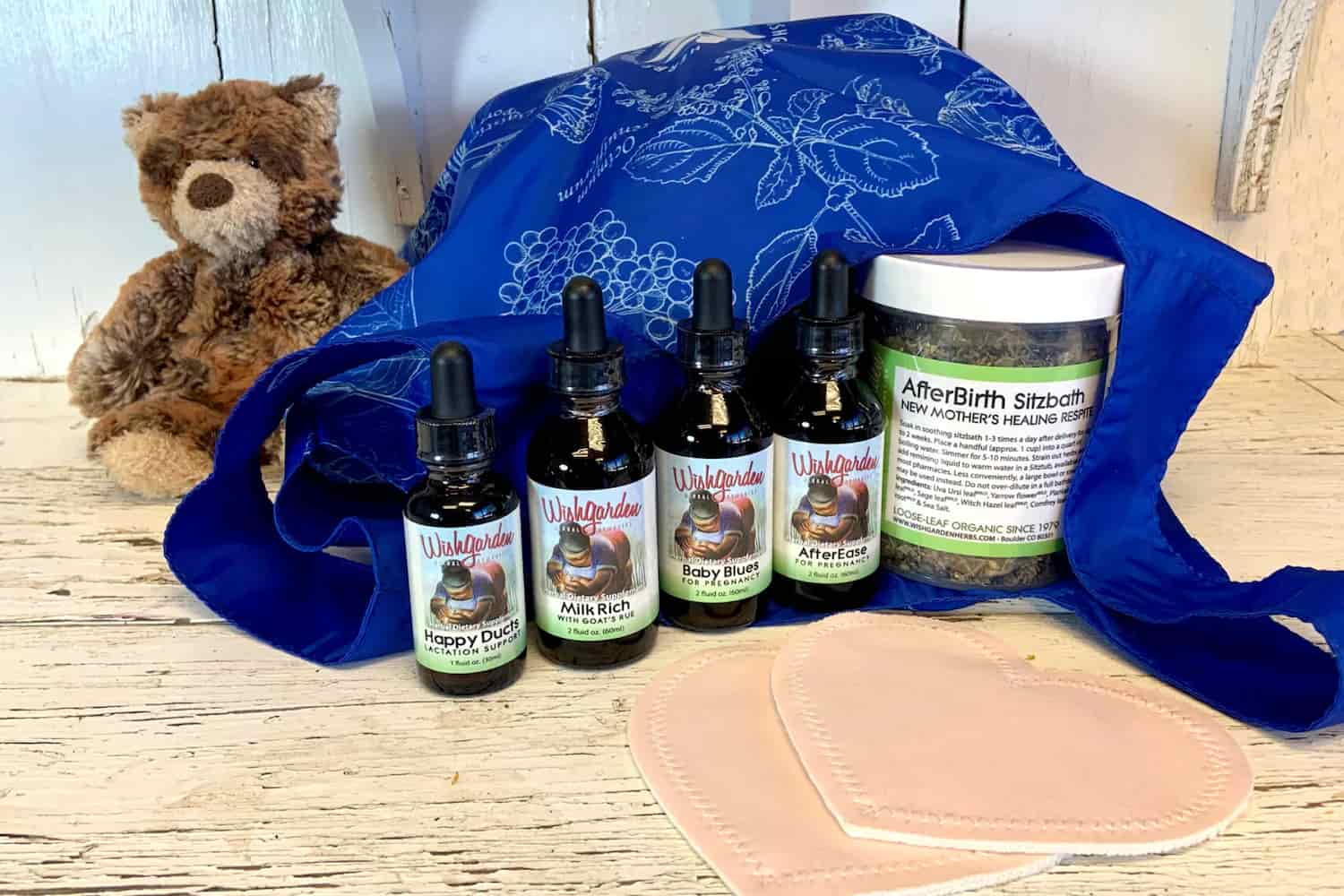Mother's milk, or breastmilk, is the most nutritious food on the planet. In fact, more than 200 nutrients have been identified in breastmilk, with new nutrients being discovered, as science permits. The macronutrient profile (protein, fat, and carbohydrate content) can vary from woman to woman based on the mother's diet, how long she has been lactating, time between feedings, and even the time of feeding.
For example, at the start of a feeding, milk is usually lower in fat. This is known as foremilk. Alternatively, the hindmilk tends to be a higher quality, more nutritious milk produced near the end of a feeding session.
As a nutritionist, I wish more foods could be as wholesome as mother's milk. Infant formula aims to mimic the nutritional profile of breastmilk (and may be the only option, in some cases); however, there are some big differences between the two. For example, breastmilk immediately following birth is rich in colostrum, which helps build the baby's immunity. Long-chain fatty acids like DHA (an omega-3 fatty acid also found in fish) are crucial for the development of the nervous system. Other sugars found in and unique to breast milk feed the good probiotic bacteria in the baby's digestive system. Unfortunately, the sugars found in formula are not the same. Formula typically contains refined sugars high in fructose, such as corn syrup, which can wreak havoc on metabolism.
I've barely scraped the surface in discussing the nutritional benefits of breast milk, but I want to highlight the perks of breastfeeding for the mother as well. Breastfeeding increases the release of the bonding hormone oxytocin, also known as the love hormone. By suppressing ovulation, pregnancy during lactation is less likely. Research has shown breastfeeding reduces the risk for metabolic syndrome. And, of course, the hormones released during lactation help the uterus contract back to its normal size.
It's probably obvious that I'm a cheerleader for breastfeeding, but I recognize that this is a sensitive subject and mothers have widely varying experiences. For some women, keeping their milk supply up to meet the demands of a growing baby can be very difficult. For others, employment, having multiple children to tend to, tender nipples, and difficulties with the infant can prove too challenging to reach the two-year goal recommended by the World Health Organization. Of the estimated 77% of new moms that do breastfeed, only half continue to do so for the minimum recommendation of six months.
In preparing to write this post, I spoke to several mothers about their breastfeeding experience — something I had not done before. I've taken nutrition classes for different life cycles, sat in on two births, worked as a nanny, and gravitated towards pre- and post-natal nutrition in my internship. I've had emotionally visceral conversations about birthing experiences, but never asked for breastfeeding stories. As a woman without children, it was eye-opening. Perhaps if we as a society had more of these conversations, we could eliminate the stigma around breastfeeding.
In this series on lactation, I aim to provide suggestions for boosting the milk supply, keeping milk ducts healthy and happy, soothing tender nipples, and drying up the milk when it's time to ween. But those are just the basics. What about those stressful times a mom just needs a little more support? What about those times a mom is under the weather, but still has to take care of the baby? There's a common misconception that nursing moms can't take anything for fear that it will end up in the milk and passed on to the baby; however, there are herbal formulas that are safe during lactation that I'm excited to share with you!
References
- Nutrients and calories in breast milk: A guide for the science-minded
- Breastfeeding vs. Formula Feeding
- A History of Infant Feeding
Writer Danielle Cicak is the Northern Colorado and Wyoming Sales Representative and Regional Educator for WishGarden Herbs located in Louisville, Colorado. In 2003, Danielle began her career working in the supplement aisles at Natural Grocers. Inspired to help others with their health and wellbeing, she pursued an education in holistic nutrition from the Nutrition Therapy Institute in Denver, Colorado. As a Master Nutrition Therapist (MNT), Danielle served as a Nutritional Health Coach (NHC) before advancing to become the NHC Development Specialist where she led and developed the NHC training program for Natural Grocers. As a Colorado native, Danielle is thrilled to work with another local, family-owned business that promotes health and activism through education: WishGarden Herbs! In her free time, she enjoys spending time with family and friends, creating healthy dishes in her kitchen, and enjoying the beauty Colorado has to offer!
For educational purposes only. This information has not been evaluated by the Food and Drug Administration. This information is not intended to diagnose, treat, cure, or prevent any disease, or to sell any product.
Recommended Products
Further Reading













